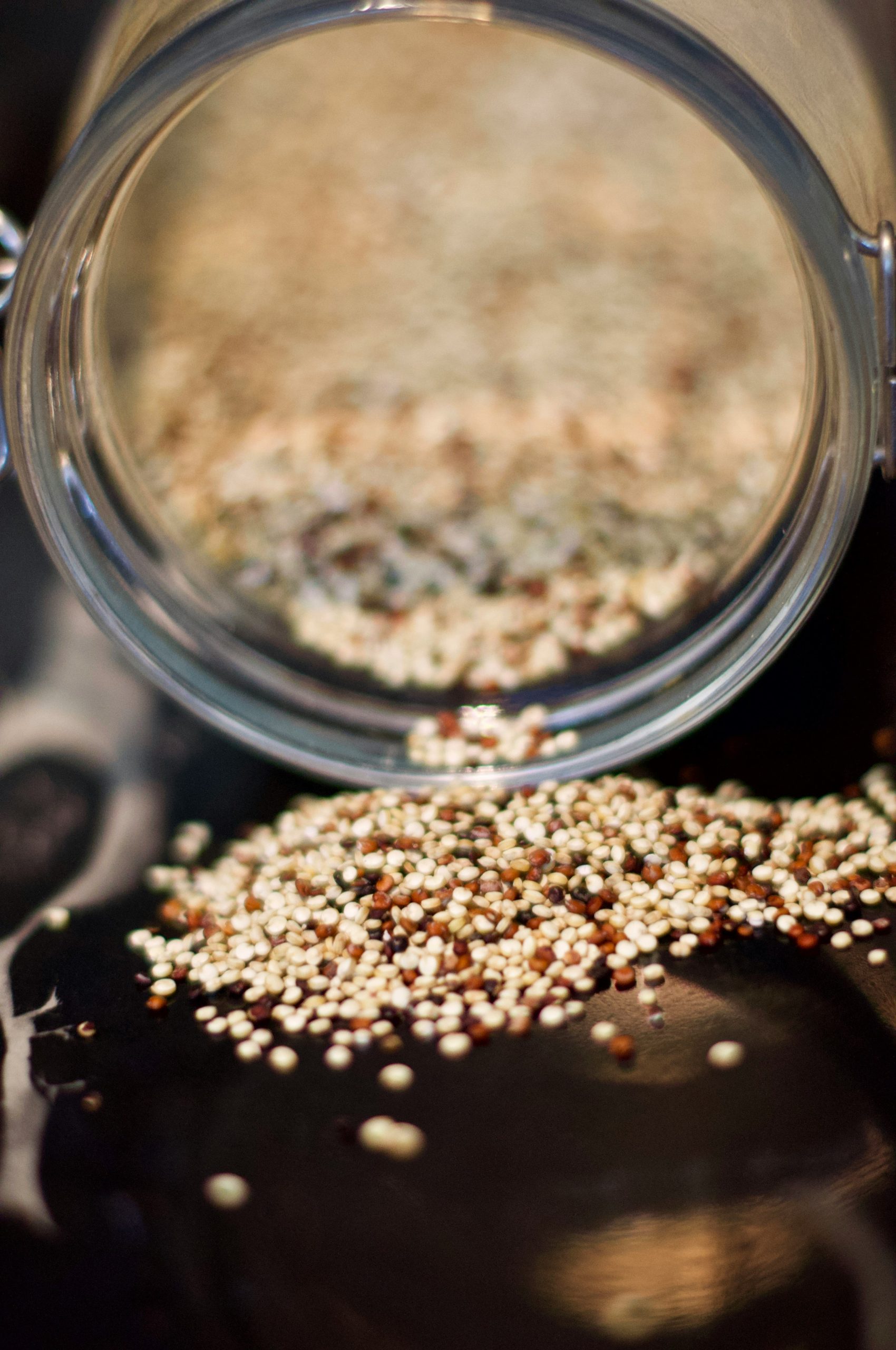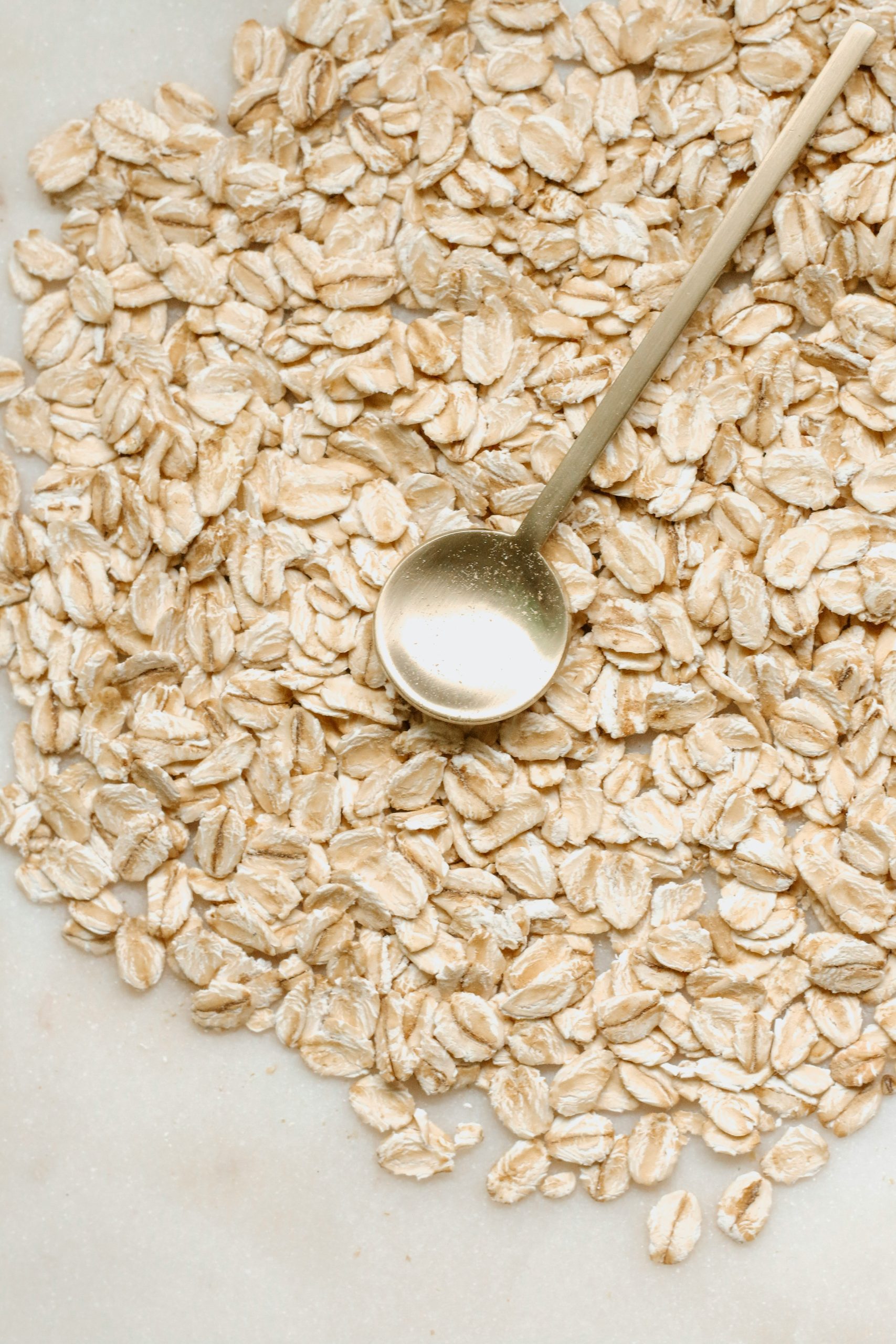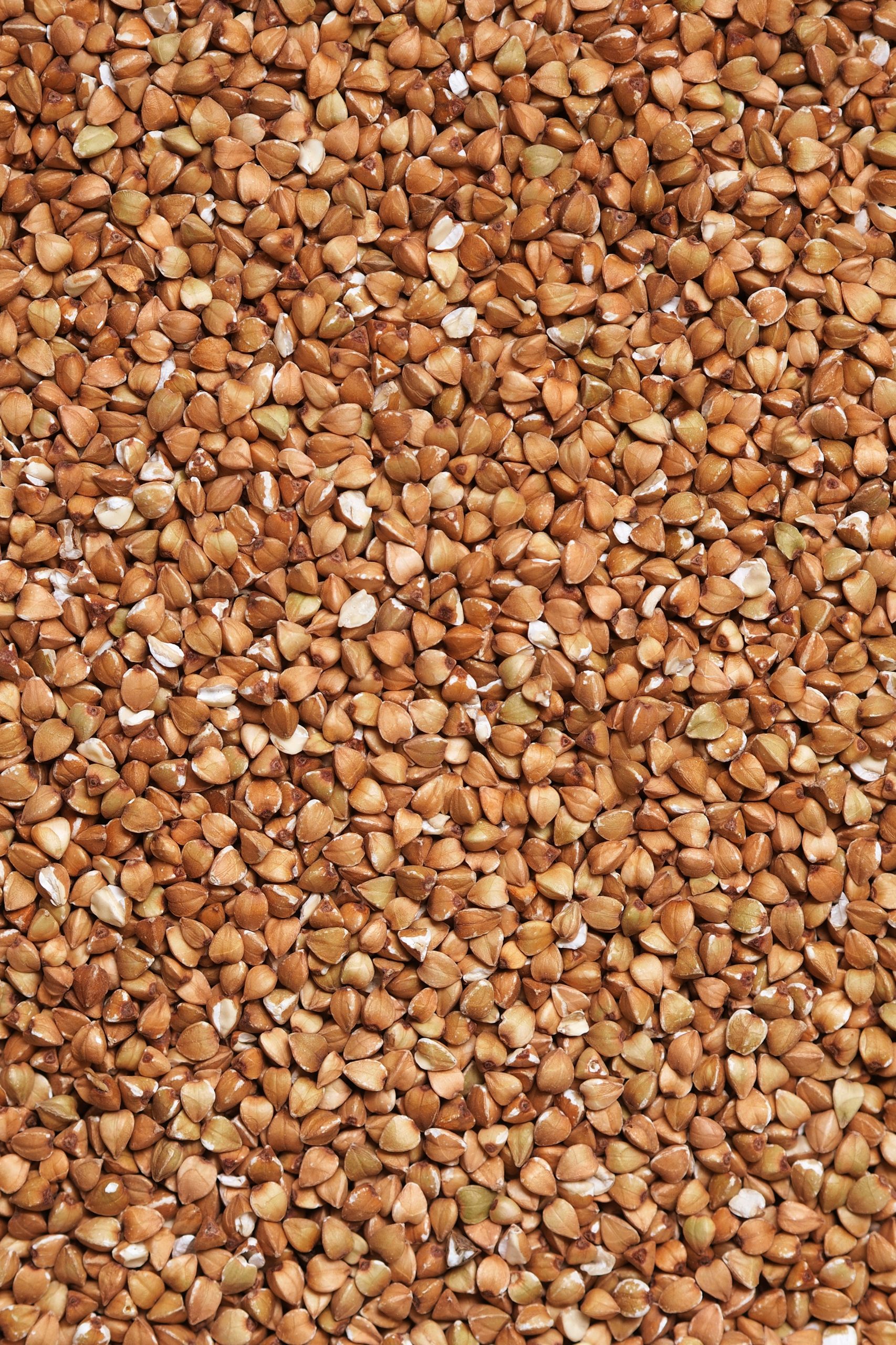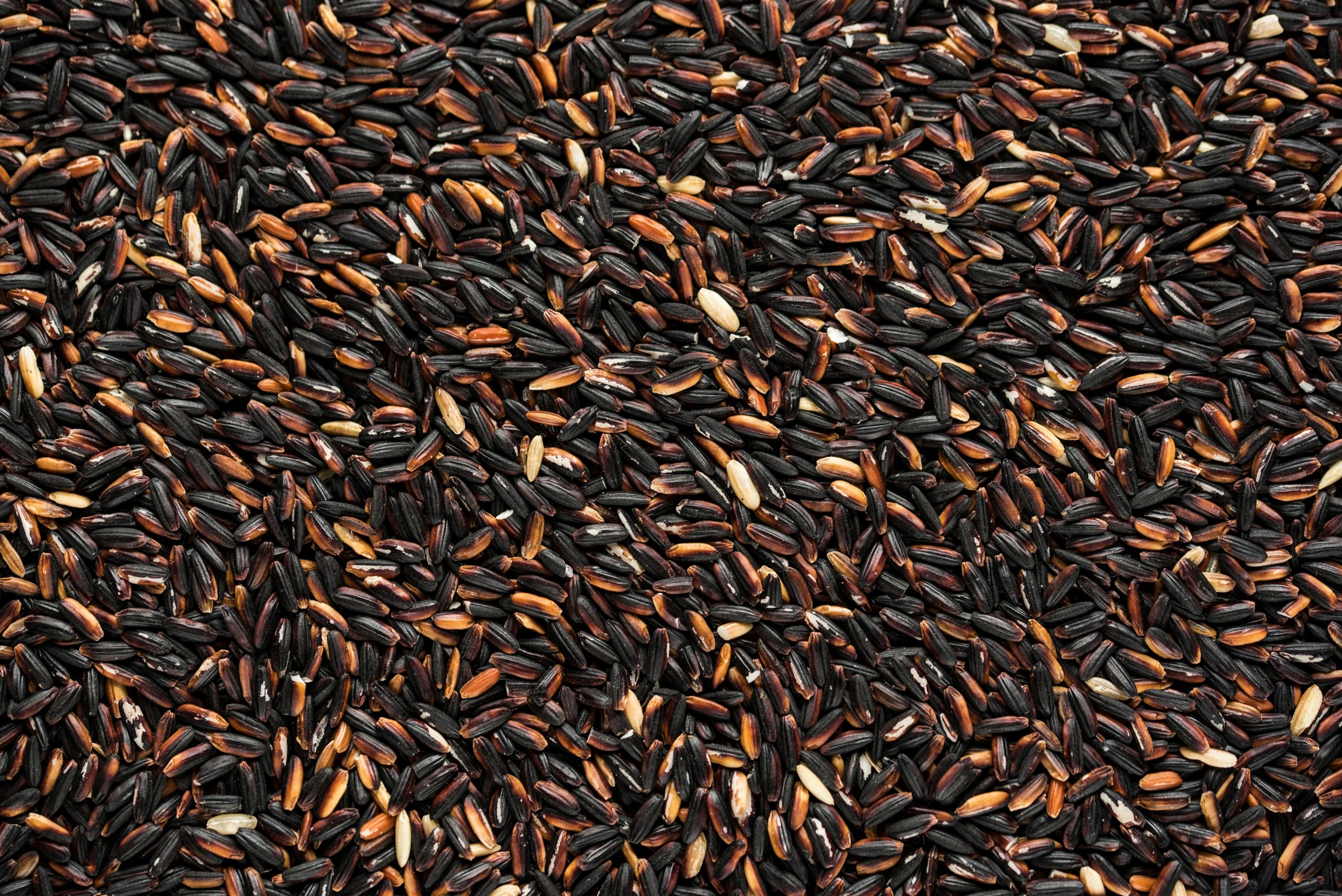Intestinal discomforts are very present in many of our population and drain a lot of energy from those who suffer from them on a daily basis. Bloating, bloating and abdominal distension are common problems.
Here are 8 tips to help reduce bloating:
Tip #1: Control air intake«
One of the causes of abdominal distension or bloating is the accumulation of air.
This phenomenon is called «aerophagia», which means swallowing air. Certain behaviors are conducive to this problem, such as chewing gum, drinking through a straw, consuming fizzy drinks (beer, sparkling water), eating quickly (less than 15 minutes per meal), «sipping» hot drinks and liquids, and talking while eating. It is therefore essential to reduce these habits to limit air ingestion and the discomfort it causes. Taking the time to chew your food is also a good practice, both to avoid this type of problem and to derive maximum benefit from what you eat. It's also important to respect the feeling of satiety during meals, since going beyond fullness increases discomfort.
To be limited ↓
- Chewing gum;
- Drink through a straw;
- Drink fizzy beverages;
- Eat in under 15 minutes;
- Sip hot drinks and liquids;
- Talking while eating.
To be favored ↑
- Chew food;
- Take time to eat;
- Respect your sense of satiety.
Tip #2: Limit fermentation
Another possible cause of bloating is the production of gas during digestion. In fact, certain foods are more gas-producing. These often include: garlic, onions, leeks, shallots, cruciferous vegetables (kale, cauliflower, broccoli, Brussels sprouts, turnips), raw vegetables (in large quantities), legumes (especially chickpeas), mushrooms, stone fruits, wheat and rye sources (e.g. bread, pasta, crackers, couscous).
It is therefore important to «test» the withdrawal and reintroduction of certain foods to find the causes of discomfort.
Keeping a food diary with symptoms and their timing is often necessary to target problem foods. Bear in mind that there is a transit time. The effects of certain foods can take up to 48 hours to cause problems. That's when you play detective!
To obtain your daily symptom diary : Click here!
What if it was lactose?
Lactose intolerance can cause bloating, swelling and cramps. In fact, lactose is made up of two sugars (glucose and galactose) that require the enzyme lactase to be assimilated. As we age, the enzyme may become less effective, and the lactose sugar may not split in the stomach, causing discomfort.
How do I know if I'm lactose intolerant? Do a home test. Consume one cup (250 ml) of regular milk on an empty stomach and wait 30 minutes before consuming other foods. Observe for symptoms within 30 minutes and after 3 hours. If so, it's probably lactose intolerance. We then buy lactose-free milk and yogurt. Uncertain about the test? You can repeat it a few mornings to confirm it.
Tip #3: Restrict starchy foods and added sugars in large quantities
Carbohydrates are the «sugars» that make up starchy and sweet foods. Consumed in large quantities, they require more water for digestion. This may be one of the reasons for bloating after a meal rich in carbohydrates.
It's therefore important to aim for a quarter of the plate in starchy foods (e.g. rice, potato, pasta, couscous, 2 slices of bread) at mealtimes. Whole grains such as quinoa, brown or wild rice, millet, buckwheat, sweet potatoes, potatoes with skins and oats are generally well tolerated.
What about sweeteners?
Sugar substitutes and sweeteners can also cause intestinal discomfort. Sucralose, aspartame and «alcoholic» sugars such as sorbitol and mannitol are additives to be reduced in the diet.
Limit sweeteners ↓
- Sucralose
- Aspartame
- Sorbitol
- Mannitol
Aim for a quarter of the plate in starch ↑
- Quinoa
- Brown or wild rice
- Millet
- Buckwheat
- Sweet potato
- Potato with skin
- Oats
Enhance your dishes with low-fat, sweetener-free, low-FODMAP sauces: Click here! (you will be redirected to the andreannemartin.com)





Tip #4: Reduce foods high in added fat
Ever notice that a fast-food meal causes discomfort? It could be the high intake of added fats that's to blame. In fact, excess fat slows gastric emptying and reduces post-meal comfort. It's therefore important to limit high-fat foods such as fried foods, breading, pre-prepared meals, fatty cuts of meat, «cheesy» dishes and high-fat sauces.
Tip #5: Ensure bowel regularity
In a context of bloating and swelling, it's essential to ensure intestinal regularity. In the case of constipation, the stool is trapped in the body and continues the fermentation process. On the other hand, it's important to remember that the gradual addition of fiber helps to increase digestive tolerance. Food volume is also essential. Meeting your nutritional needs helps to ensure intestinal regularity.
If these «basic» tips don't provide enough comfort, you may need to follow the strict FODMAP diet. In fact, a large majority (around 75%) of people with irritable bowel syndrome (IBS) see a significant improvement in their symptoms with this approach.
To consult a nutritionist : Click here!
Tip #6: Adopt healthy lifestyle habits
Keep in mind that premenstrual syndrome (PMS), pregnancy, periods of heightened stress, sleep deprivation and menopause are all times when symptoms can be aggravated. Stress management, yoga, meditation, a good sleep routine, physical activity and a regular meal schedule can all help.
Tip #7: Natural prokinetics?
To aid intestinal motility, certain foods and supplements contain compounds with prokinetic effects. Examples include peppermint (to be avoided if reflux is present), turmeric, ginger, magnesium citrate and artichoke.
You can also discuss with your nutritionist whether foods and supplements can be integrated into your solution-finding process, as well as the addition of probiotics and digestive enzymes.
To be discussed with your nutritionist as part of your follow-up care
- Supplements
- Addition of probiotics
- Digestive enzymes
Foods and supplements with prokinetic effects
- Peppermint
- Turmeric
- Ginger
- Magnesium citrate
- Artichoke
Tip #8: Keep investigating
Despite applying many of the above tips, discomfort persists? This may require medical investigation. Irritable bowel syndrome (IBS), inflammatory bowel disease (Crohn's disease, ulcerative colitis), functional dyspepsia, anxiety, chronic constipation and endometriosis could be possible causes of this type of discomfort. It's also important to check with your pharmacist whether you're taking any medication to treat the problem. Of course, it's important to bear in mind that premenstrual syndrome (PMS), pregnancy, periods of intense stress, sleep deprivation and menopause are all periods when symptoms can be aggravated.
For personalized support and to consult a nutritionist, don't hesitate to make an appointment!
Reference
Monash University. Low FODMAP diet: Discover the Monash University Low FODMAP Diet and manage your IBS symptoms (Online). https://www.monashfodmap.com/.
